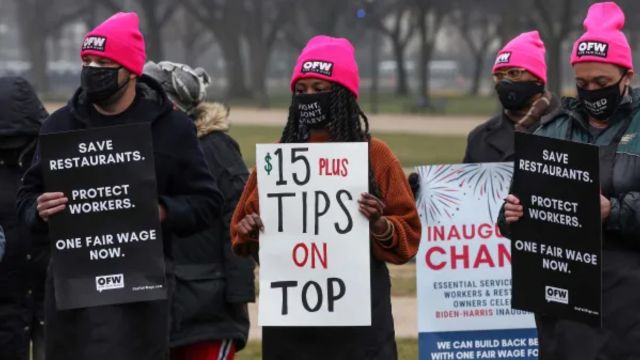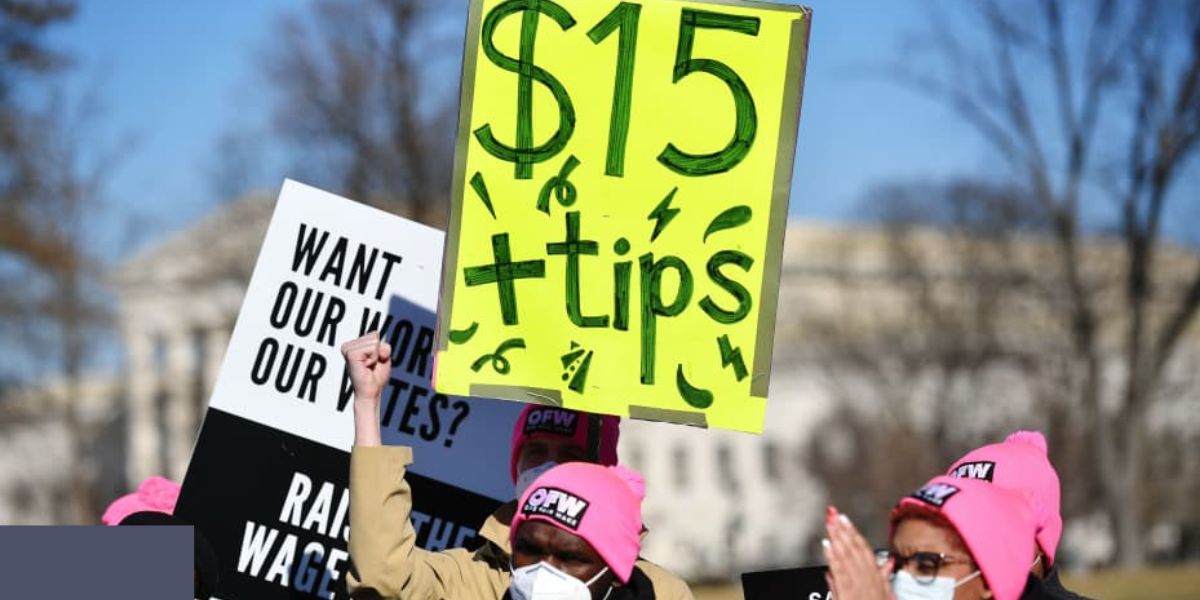WFCN – Nebraska has announced a minimum wage rise, along with seven other states, in a significant move intended to improve the lives of low-paid workers.
In an effort to alleviate wage stagnation and the growing cost of living, this measure will provide much-needed financial relief for a large number of working families.
The Wage Increase in Nebraska
The minimum wage in Nebraska is scheduled to rise gradually, to $15 per hour by 2026. The first increase will go into effect in January 2024, bringing the hourly salary up to $11.50 from $10.50.
Thousands of workers in a variety of industries, such as retail, hospitality, and healthcare, where many employees currently make salaries that are almost below the minimum, are anticipated to profit from this increase.
Other States Adhere to This
In this endeavor, Nebraska is not acting alone. New York, Florida, California, and other states have passed similar laws raising their minimum wages.
For example, Florida intends to raise the minimum wage to $15 per hour by 2026, while California proposes to raise it to $16 per hour by 2024. These adjustments are a result of a growing understanding of the necessity of making sure wages stay up with rising living expenses and inflation.
Effects on Employees
It is expected that the salary increases will improve the quality of life for workers. Increased pay will make it easier for workers to pay for needs like housing, food, and medical care. It is anticipated that increased financial stability will lower poverty rates and enhance general economic well-being.

$15 minimum wage for tipped workers and is also included in President Biden’s American Rescue Plan/ Image: marketplace
Furthermore, higher incomes may result in higher consumer spending, which may boost regional economies.
Business Responses
Businesses have responded differently to the pay hikes, despite advocacy organizations and employees applauding them. Concerns about the difficulty of sustaining profitability and the anticipated increase in operational costs are shared by several small company owners.
SEE MORE –
Chicago Minimum Wage Increase Effective July 1: Here’s the New Rate
Nonetheless, a lot of companies recognize that paying more can have positive effects on morale among staff members, productivity, and employee turnover.
Countrywide Pattern
The push to increase the minimum wage is a component of a broader national movement spearheaded by progressive legislators, labor unions, and advocacy organizations.
The federal minimum wage has stayed at $7.25 per hour since 2009, which has led states and local governments to act on their own. Raising salaries is becoming more and more popular as people become more conscious of income disparity and the difficulties low-wage workers experience in the economy.
Obstacles and Things to Think About
Although increasing the minimum wage has advantages, there are drawbacks as well. The rising cost of labor presents a challenge for employers and may result in higher prices for goods and services.
Furthermore, there is continuous discussion on the possible effect on employment levels; some contend that pay increases may lead to job losses or a decrease in hiring.
In Summary
Raising the minimum wage in Nebraska and other states is a big step in the right direction toward reducing economic inequality and raising low-income workers’ standards of life.
To balance the benefits and challenges, close observation and adjustment will be necessary as these changes take impact. The ultimate objective is to establish a more sustainable and equitable economic environment that promotes the success of all workers.
